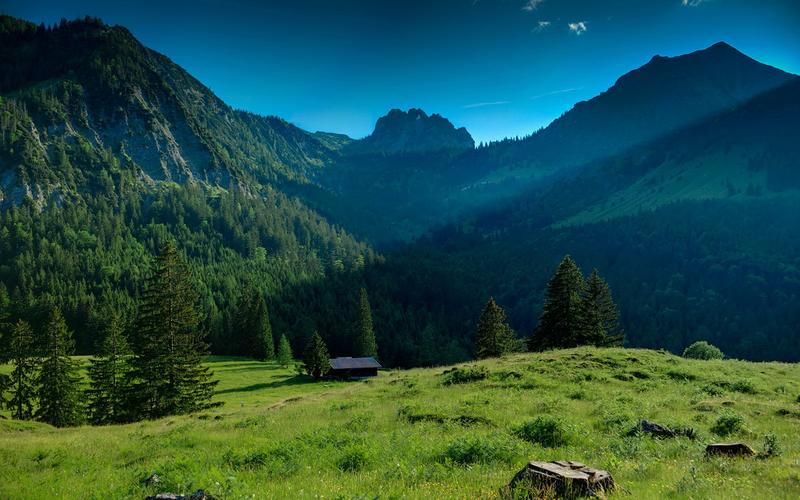As the world becomes increasingly interconnected, popular culture has emerged as a powerful force that shapes our daily lives. From music and fashion to TV shows and social media, popular culture is everywhere we look. But what exactly is popular culture, and how did it come to be such a dominant force in modern society?
The term “popular culture” refers to the cultural products and practices that are widely appreciated by people in a particular society. These products and practices can include everything from Hollywood movies and reality TV shows to fast food restaurants and celebrity gossip. Popular culture is often associated with mainstream tastes and consumerism, but it can also encompass more subversive or countercultural expressions, such as punk music or underground art.
The roots of popular culture can be traced back to the rise of mass media in the early 20th century. The spread of radio, cinema, and later television allowed for the creation and dissemination of cultural products on a massive scale, reaching millions of people across the globe. This democratization of culture gave rise to a new kind of cultural hegemony, in which a handful of dominant cultural forms and ideologies came to occupy a central position in society.
Throughout the 20th century, popular culture underwent a series of transformations as new art forms, technologies, and social movements emerged. From the jazz age of the 1920s to the countercultural revolution of the 1960s, popular culture has been shaped by a diverse array of influences and innovations. Today, the internet and social media have given rise to new forms of popular culture that are more varied, decentralized, and participatory than ever before.
Despite its many critics, popular culture has had a profound impact on modern society. It has helped to shape our values, our beliefs, and our identities, providing a shared language and a sense of belonging for millions of people around the world. It has also been the source of countless creative works that have inspired, entertained, and challenged us in equal measure.
In conclusion, mastering the popular culture definition is essential for understanding the complex and multifaceted role that cultural products and practices play in our lives. By exploring the history and impact of popular culture, we can gain a deeper appreciation for the many ways in which it shapes our world and the people in it. Whether we love it or hate it, popular culture is here to stay, and it will continue to play a defining role in shaping the culture of the 21st century.
(Note: Do you have knowledge or insights to share? Unlock new opportunities and expand your reach by joining our authors team. Click Registration to join us and share your expertise with our readers.)
Speech tips:
Please note that any statements involving politics will not be approved.
